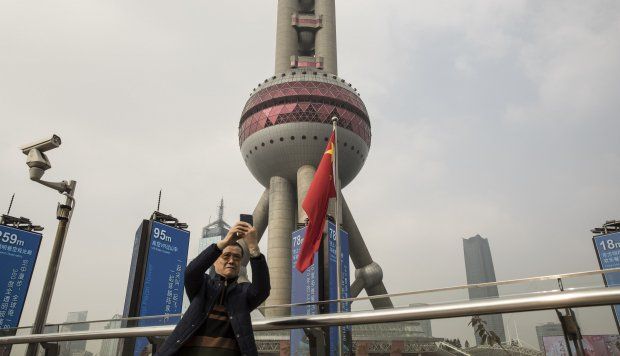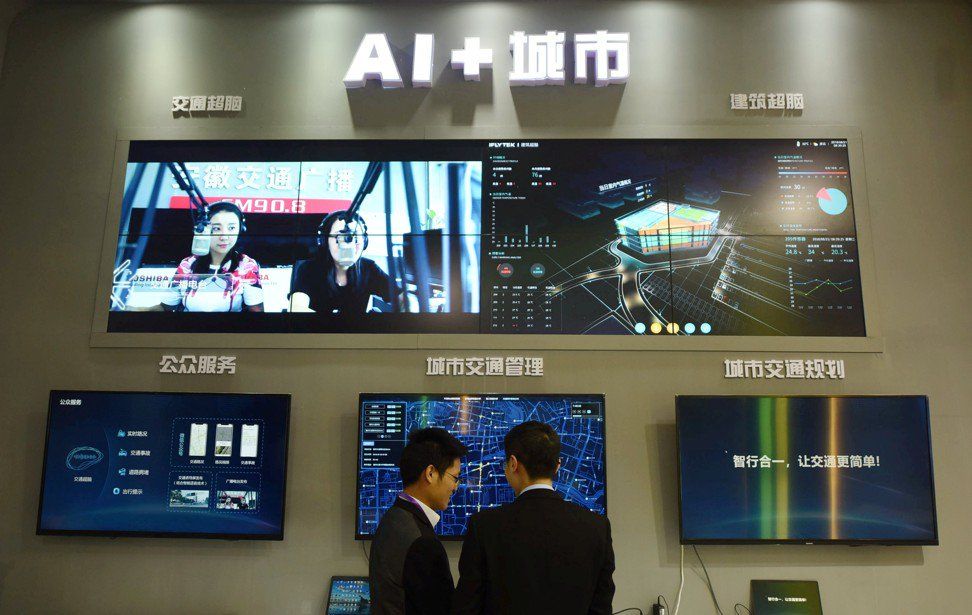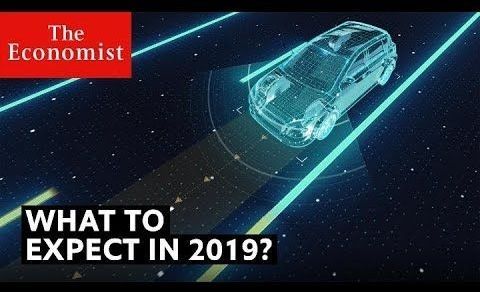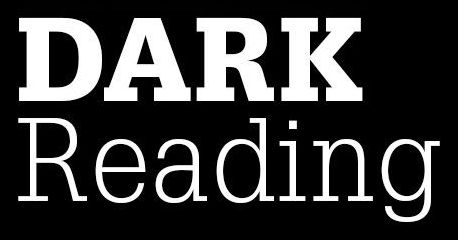Jan 14, 2019
Russia might Invest Billions into Bitcoin to Mitigate U.S Sanctions
Posted by Steve Nichols in categories: bitcoin, economics, government
https://paper.li/e-1437691924#/
Amidst various sanctions by the United States, Russia might buy Bitcoins in the Billions as a way to mitigate these sanctions.
According to Vladislav Ginko who is a lecturer at the Russian Presidential Academy of National Economy and Public Administration, the Russian government which sits on $466 Billion of reserves is planning to invest heavily into Bitcoin. He told Micky that he believes the government could start investing Billions in Bitcoin as early as next month which could potentially trigger a bull run.
Continue reading “Russia might Invest Billions into Bitcoin to Mitigate U.S Sanctions” »


















